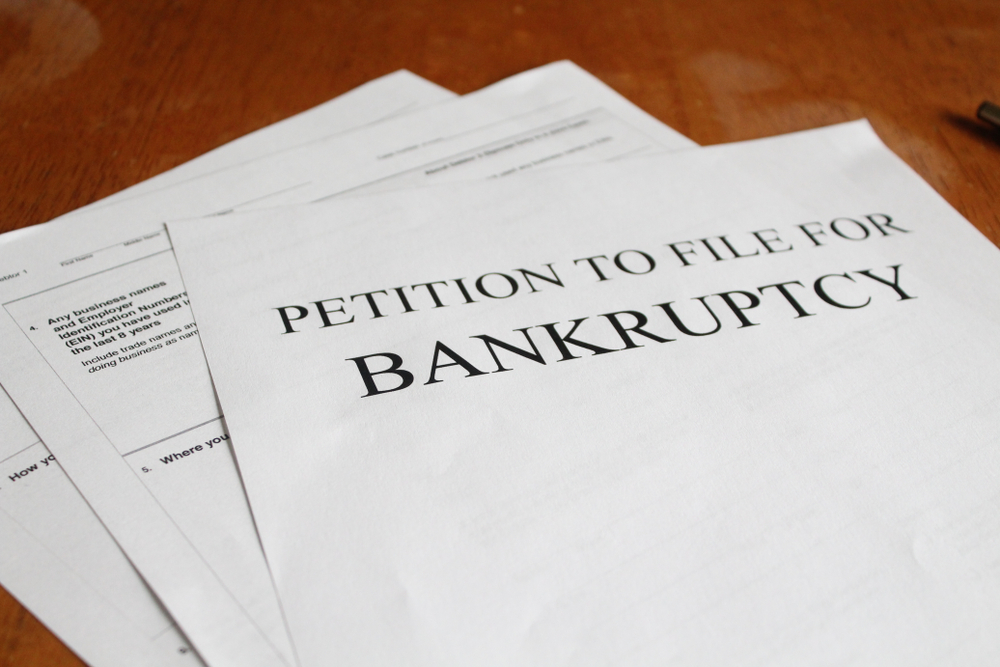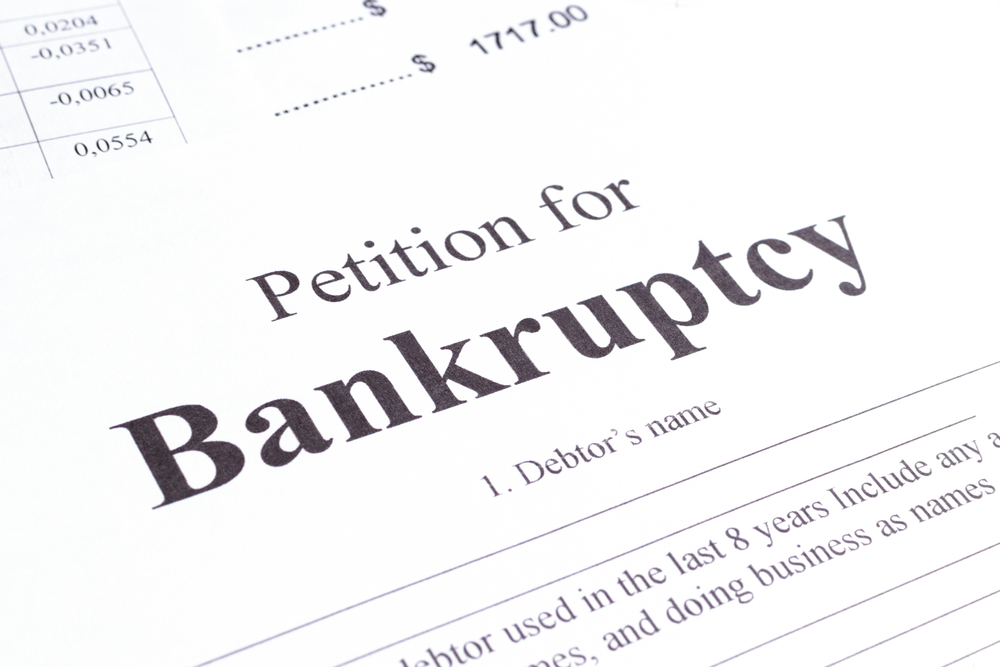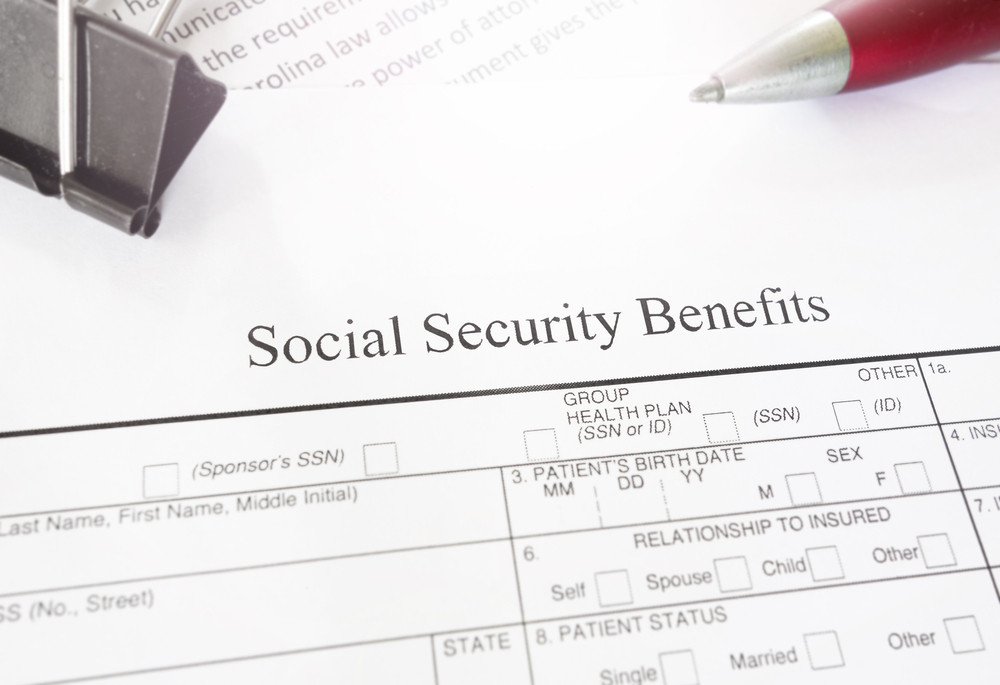While preparing to file for bankruptcy, many people become stressed about listing the exact amounts they owe to each creditor. Worrying about finding the most recent statements, tracking down interest updates, or making sure every balance is accurate to the penny is very normal! However, here’s the good news: the specific amounts you list in your bankruptcy petition do not control the outcome of your case & they don’t have to be perfect. What matters is that you list every creditor you owe—not that the balances are flawless.

Don’t Chase Statements: Bankruptcy Doesn’t Require Exact Balances
While preparing to file for bankruptcy, many people become stressed about listing the exact amounts...


















